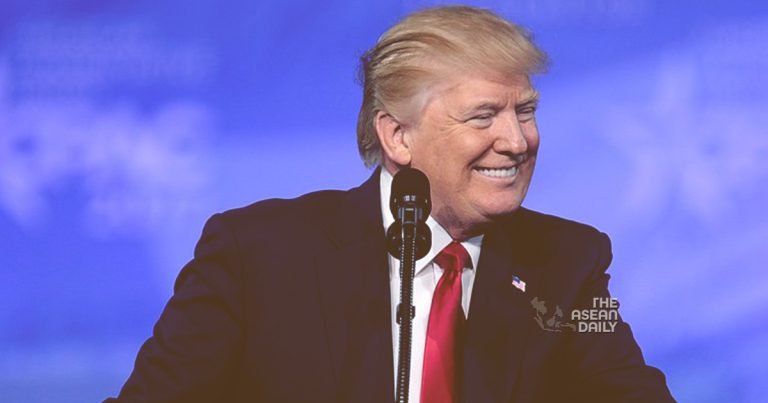20-12-2023 (WASHINGTON) The Colorado Supreme Court, consisting of justices appointed by Democratic governors, has declared former President Donald Trump ineligible for the White House under the U.S. Constitution’s insurrection clause. The court’s 4-3 decision, the first of its kind, evokes the rarely invoked Section 3 of the 14th Amendment to disqualify a presidential candidate.
The ruling overturns a district court judge’s decision, asserting that Trump incited the January 6, 2021, Capitol attack but could not be barred from the ballot due to ambiguity about the provision’s applicability to the presidency. The Colorado Supreme Court, however, deems Trump disqualified and removed him from the state’s presidential primary ballot.
The court’s majority emphasized the gravity of their decision and its adherence to the law. The decision is stayed until January 4, awaiting potential review by the U.S. Supreme Court. Colorado officials insist on resolving the matter by January 5 to meet the deadline for printing presidential primary ballots.
Trump’s legal team vows to appeal the disqualification to the U.S. Supreme Court. Alina Habba, Trump’s legal spokeswoman, called the ruling an attack on democracy, expressing confidence that the Supreme Court will overturn it.
The ruling has implications for Trump’s candidacy in must-win states, as other courts and election officials may follow Colorado’s lead. Numerous lawsuits nationally seek to disqualify Trump under Section 3, designed to prevent former Confederates from returning to government after the Civil War. The provision bars individuals who engaged in insurrection from holding office.
Derek Muller, a Notre Dame law professor, views the ruling as a significant threat to Trump’s candidacy, potentially encouraging other states to act similarly.
The Colorado case is distinctive as it marks the first success for plaintiffs. District Judge Sarah B. Wallace found Trump had engaged in insurrection but allowed him on the ballot due to technical reasons. Trump’s argument, suggesting Section 3 does not apply to the presidency, did not convince the state’s highest court.
The court’s majority reasoned that barring insurrectionists from low-level offices but not the presidency was inconsistent with the amendment’s language and history. The ruling aligns with arguments presented by six Colorado Republican and unaffiliated voters.
Citizens for Responsibility and Ethics in Washington, a left-leaning group initiating the Colorado case, applauded the decision. Noah Bookbinder, the group’s president, stated that the Constitution bars those who attack democracy from serving in government.
The court also rejected Trump’s assertion that he did not incite the Capitol attack, emphasizing his exhortation to supporters during the speech. RNC chairwoman Ronna McDaniel labeled the decision “Election interference,” and the RNC’s legal team pledged support for Trump’s fight.
Trump, who lost Colorado in 2020, may face further legal challenges in his quest for the GOP nomination. The outcome could influence the broader Section 3 cases pending across the country.
In dissent, Chief Justice Brian D. Boatright argued that the constitutional questions were too complex for resolution in a state hearing. Justices Maria E. Berkenkotter and Carlos Samour also dissented, emphasizing the need for procedural due process.
The ruling contrasts with the Minnesota Supreme Court’s decision allowing the state party to determine its primary ballot and a Michigan judge’s view that Congress, not the judiciary, should decide Trump’s eligibility. Similar lawsuits are ongoing in Oregon.
Trump’s allies condemned the decision as politically motivated, pledging to defend his candidacy against what they perceive as an assault on democracy.




